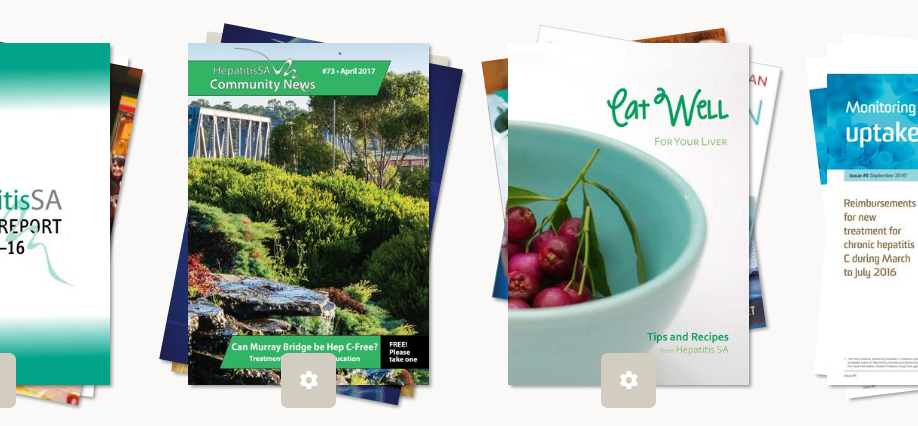Hepatitis Australia is currently developing a campaign to reach baby boomers and other community groups who may have been missed in past hepatitis C awareness raising efforts.
Almost eight out of ten people living with hepatitis C are not current injecting drug users. Although the majority of Australians who acquire hepatitis C did so through unsafe injecting, 67 per cent (124,590) of them are no longer injecting drug users.
Close to 230,000 people were living with hepatitis C at the end of 2015. Of these, 25,000 (11%) were born overseas in regions of high prevalence and almost 16,000 (7%) contracted the virus through transfusion of unscreened blood and blood products, unsterile medical procedures, or mother-to-child transmission.





